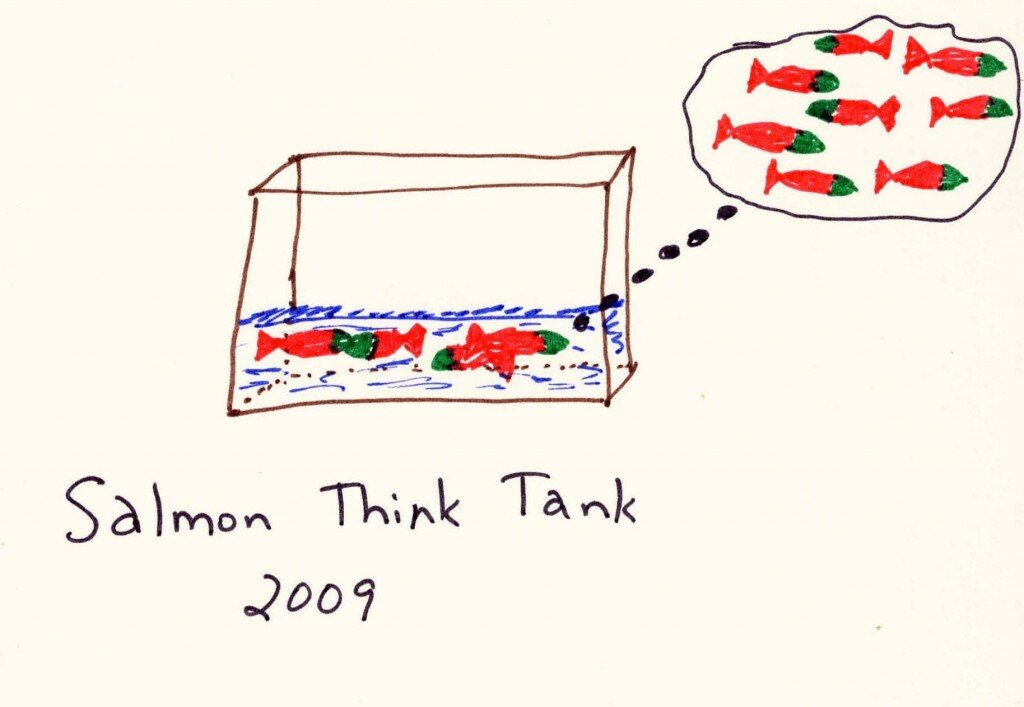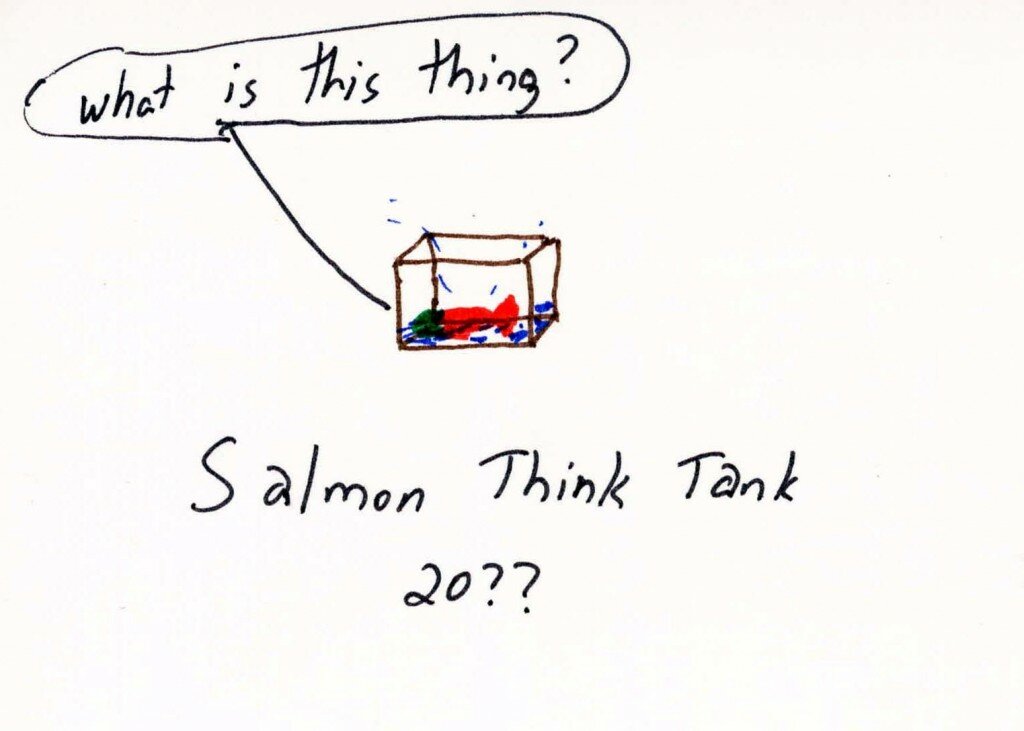.
Interesting article at the Co.Exist blog [“World changing ideas and innovation” is their tagline] part of the magazine: Fast Company.
The U.S. could switch to to 100% renewable energy tomorrow, but it wouldn’t make a huge difference in the grand scheme of coal consumption. An animated map from the U.S. Energy Information Administration reveals just how fast Asia’s coal consumption is growing–and specifically, how China’s growing coal use threatens to double CO2 pollution levels compared to the U.S. over the next 15 years.
In 1982, Asia’s coal consumption was on par with the U.S. Fast-forward 20 years, though, and demand has grown over 400%.
This growth in Asia’s coal use isn’t spread equally among all the countries. North Korea, South Korea, and Southeast Asia consume very little; even India doesn’t consume nearly as much as China. This shouldn’t be surprising. China’s economy is growing so fast that it has no choice but to suck up more energy resources. And while the country is a leader in renewable energy installations, it’s also a rapidly growing coal consumer…
…
China’s insatiable coal appetite could jack up the price of coal so much that many seemingly pricey renewables look more attractive. But if that happens, it only means that China is using an even more outsized amount of coal.
So if there’s any hope of staving off severe climate change, China has to be at the center of the process. Otherwise, we’re (mostly) wasting our time.
_ _ _ _ _ _ _
As much as “Harper’s” Canada took an unpopular position at the recent climate change talks… maybe they aren’t really that far off the mark?
Not that I support the idea that ‘if other big polluters are going to keep polluting, then we’ll just keep polluting’ — in other words: if China doesn’t curb coal burning then we’ll continue to rip up the sub-arctic boreal forest tar sands.
Looking at these numbers for coal burning — one of the worst greenhouse gas emitters — makes much of the climate change talks seem akin to talking about quitting smoking while you’re mouth is over your tail pipe sucking on the exhaust of your car…
Add in that British Columbia’s government is hot to trot on opening more coal mines — to supply those Chinese numbers.
See no evil, hear no evil…
How’s that ever-growing cliche go…?
something like: “think globally, act locally”
hmmmm…
_ _ _ _ _ _ _
Don’t matter how much habitat preservation/restoration/rehabilitation goes on for wildlife that depends on glacial fed streams… it those streams stop being “glacially-fed”… then ‘houston… we have a problem…’
However, as a high-end investment advisor told me at a recent talk when I asked him about their Canadian resource extraction companies heavy portfolio and things such as pipelines and Canadian tar sands operations… “technology will fix everything.” He then proceeded to tell me about CO2 sequestration projects (e.g. pumping it back into the ground) and… well… he didn’t have anything after that.
Nice fellow… but misguided maybe? Or, simply following the herd?
His big shtick was: “if there’s anything I can leave you with, think of the 4,000,000 Chinese people that move from the country to the city every year… as they move to the city, their lifestyle will change and their demands for resources will increase.”
Sure sounds like a great investment strategy for my apparent pension plan… but then what’s the world going to do as the huge percentage of the world’s population that lives on coastlines has to mitigate a global disaster as sea levels rise…? (and water supplies dry up…)
Anyone wondering why the world’s insurance businesses are in a major tizzy about climate change and the potential mass impacts as the climate quickly warms?
Here’s a quote from a report easily found online:
Mainstream insurers have increasingly come to see climate change as a material risk to their business. The worldwide economic losses from weather-related natural disasters were about $130 billion in 2008 ($44 billion insured), and the losses have been rising more quickly than population or inflation.
A 2007 PricewaterhouseCoopers survey of 100 insurance industry representatives from 21 countries indicates climate change is the number-four issue (out of 33); natural disasters ranks number two. The majority of the other issues are arguably compounded by climate change.
The following year, Ernst & Young surveyed more than 70 insurance industry analysts around the world to determine the top-10 risks facing the industry. Climate change was rated number one and most of the remaining 10 topics (e.g. catastrophe events and regulatory intervention) are also compounded by climate change. [you know… like the magic of compound interest]
The investigators note that ‘‘it was surprising that this risk, which is typically viewed as a long-term issue, would be identified as the greatest strategic threat for the insurance industry’’.
[ The Geneva Papers, 2009, 34 (323-359). The International Association for the Study of Insurance Economics]
_ _ _ _ _ _
Apologies for the dark, smokestack-emitting, coal-burning, coal mining holiday message — however maybe in 2012 there will be some more of that other cliche: ‘waking up and smelling the coffee…’












